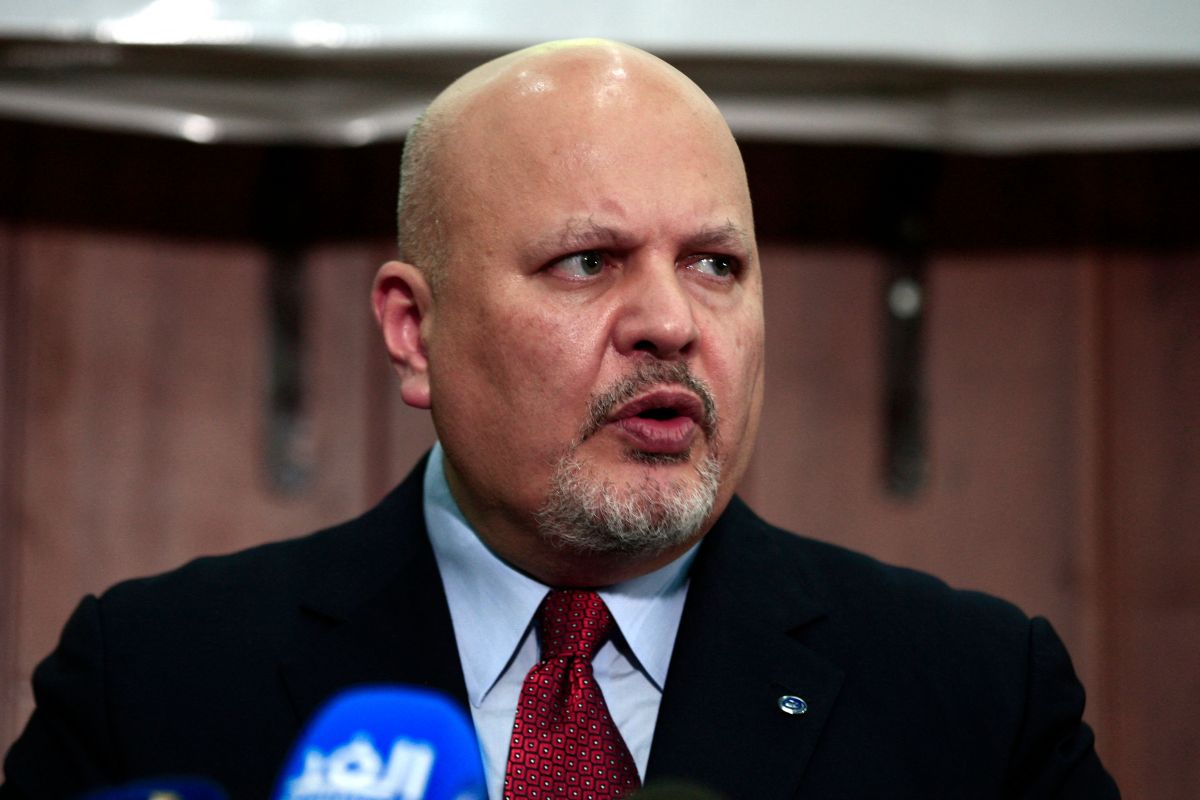Canadian Foreign Minister Mélanie Joly announced on Tuesday that Canada will formally request the International Criminal Court (ICC) to investigate the Russian invasion of Ukraine for possible war crimes and crimes against humanity.
Joly, who is in Geneva (Switzerland) where he has participated in the meeting of the United Nations Human Rights Council, announced in statements to the media that Canada will make this request effective today.
The prosecutor of the International Criminal Court, Karim Khan, indicated this Sunday that he plans to open an investigation as quickly as possible into war crimes and crimes against humanity in Ukraine.
However, the investigation has not formally started.
According to Khan, the investigation will examine the alleged crimes committed before the Russian invasion, but added that due to the expansion of the conflict in recent days, its intention is to cover abar that any new alleged crime that falls within the jurisdiction of his office and is committed by any party to the conflict in any part of the territory of Ukraine.
The court has already conducted a preliminary investigation into crimes related to the repression of pro-European protests in Kiev in 2013-2013, and reports of crimes in Crimea, which was annexed to Russia in 2014; as well as in eastern Ukraine where the independent regions of Donetsk and Luhansk are located.
The then ICC prosecutor, Fatou Bensouda, said in December 2020 that the investigation identified indications that acts that constitute war crimes and crimes against humanity have been committed in Ukraine within the jurisdiction of the Court.
However, the court prosecutors have not yet requested authorization from the judges to open a large-scale investigation.
The International Criminal Court (ICC), based in The Hague, is a court of last resort where officials are tried for serious international crimes, such as genocide, war crimes, and crimes against humanity and aggression.
What is the scope of the International Criminal Court?
The Court has the power to prosecute criminals of these crimes at the l worldwide when warranted. Its treaty, the Rome Statute, was adopted in July 1998 and became operational in 2003. The creation of the Court followed the ad hoc tribunals in the 1990 decade to deal with heinous crimes committed in the former Yugoslavia and in Rwanda.
Canada’s request comes just hours after Ukrainian President Volodymyr Zelensky accused Russia of war crimes and “state terrorism” after a series of attacks in the city of Kharkiv, the second largest in Ukraine.
Television images captured the moment when a missile destroyed a government building in Freedom Square, in the center of the town, as well as the shelling from other areas of the city.
In recent hours, Russia has been accused of using cluster bombs in civilian areas. The movement towards the combat front of TOS-1 systems equipped with thermobaric munitions, also known as fuel bombs or vacuum bombs, have also appeared on social networks and the media.
Rights organizations Humans have denounced thermobaric munitions and cluster bombs as “indiscriminate” weapons that destroy people’s lungs and incinerate the victims.
In the year 2000, the Human Rights Watch (HRW) organization denounced that Russia had used this type of weapon in its offensive in Chechnya.
On 2017, the United States also used thermobaric munitions to end the resistance of Islamic State fighters sheltering in caves in Afghanistan.
(With information from the Efe news agency)
It may interest you:
The story behind the photo: “Mué Show this to Putin”, shouts a doctor who could not save the life of a 6-year-old Ukrainian girl hit by Russian fire
